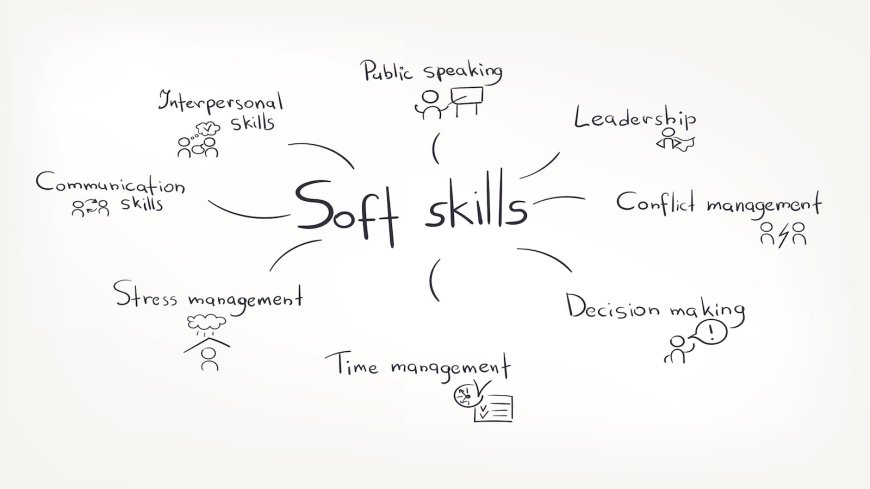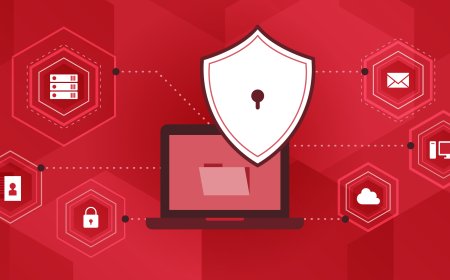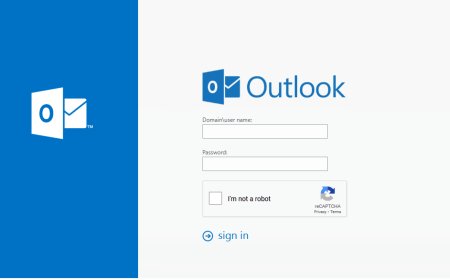Soft Skills and Its Importance for IS Professionals
Soft skills enable the qualities, behaviors and attributes needed to succeed in the workplace. They encompass an individual’s ability to listen well, communicate effectively, be positive, manage conflict, accept responsibility, show respect, build trust, work well with others, manage time effectively, accept criticism, work under pressure, be likeable, and demonstrate good manners.

Soft skills complements hard (technical) skills.
Soft skills: desirable qualities for certain forms of employment that do not depend on acquired knowledge which include common sense, the ability to deal with people, and a positive flexible attitude.
Soft skills are personal attributes that enable individuals to interact effectively with others, accomplish tasks, and achieve success in both their personal and professional lives. These skills are often intangible and difficult to quantify, but they are essential for career advancement, relationship building, and leadership development. In this response, we will define and explain various soft skills terminology.
-
Communication Skills - Communication skills refer to the ability to convey information, ideas, and thoughts effectively through verbal, nonverbal, and written means. These skills involve listening, speaking, reading, and writing. Good communication skills help individuals to articulate their ideas clearly and effectively, build rapport with others, and foster collaboration and teamwork.
-
Emotional Intelligence - Emotional intelligence refers to the ability to recognize and manage one's own emotions and those of others. It includes self-awareness, self-regulation, empathy, and social skills. Individuals with high emotional intelligence can effectively navigate social situations, build and maintain relationships, and lead others.
-
Time Management - Time management refers to the ability to prioritize tasks, organize schedules, and manage time effectively. Good time management skills help individuals to accomplish their goals efficiently, meet deadlines, and reduce stress. Effective time management involves setting priorities, eliminating distractions, and using time-blocking techniques.
-
Problem-Solving - Problem-solving skills refer to the ability to analyze a situation, identify potential solutions, and implement the best course of action. Good problem-solving skills help individuals to make sound decisions, overcome obstacles, and find creative solutions to complex problems. Effective problem-solving involves gathering information, identifying the root cause of the problem, and generating and evaluating possible solutions.
-
Leadership - Leadership skills refer to the ability to inspire and guide others to achieve a common goal. Effective leadership involves setting a vision, communicating goals clearly, building trust, empowering others, and providing feedback and support. Good leaders are able to create a positive work culture, foster innovation and creativity, and develop their team members' skills and abilities.
Some terms to refer to Soft Skills:
- Nonacademic Skills
- Noncognitive Skills
- Nontangible Skills
- Professional Skills
- Social and Emotional Learning
- Transferrable Skills
- Applied Skills
- Behavioral Skills
- Critical Skills
- Emotional Intelligence
- Empowerment Skills
- Life Skills
Soft Skills Needed for IS Professionals
- Communications (Written,Oral, Presentation)
- Good listener (Body Language)
- Making Decision (looking at the big picture, considering alternatives)
- Flexibility (being passionate and open to learn and change)
- Time Management
- Attention to details without missing big picture
- Critical Observation (Analysis, Interpretation, Summarizing)
- Conflict Resolution
- Negotiation Skills
- Personal Accountability & Responsibility
- Positive Attitude
- Leadership (understand business risks, actionable insights)
- Teamwork (Collaboration)
- Problem Solving (troubleshooter)
- Stress Management
- Self motivation
Why Are Soft Skills so Important for IS Professionals?
Since Information System professionals work in a field that requires interaction with others and involves problem-solving, project management, and communication, soft skills are so important. Here are some reasons why soft skills are essential for Information System professionals:
-
Collaboration and teamwork: Information System professionals work in teams to design, develop, and implement technology solutions. Effective collaboration and teamwork require communication, empathy, active listening, and conflict resolution skills.
-
Communication: Information System professionals need to communicate complex technical concepts to non-technical stakeholders. Good communication skills help professionals to convey ideas clearly, build rapport with stakeholders, and establish trust.
-
Problem-solving: Information System professionals face complex problems that require creative solutions. Effective problem-solving skills involve identifying and analyzing problems, generating and evaluating solutions, and implementing the best course of action.
-
Leadership: Information System professionals often lead projects and teams. Good leadership skills involve setting a vision, communicating goals clearly, building trust, empowering others, and providing feedback and support.
-
Adaptability: Information System professionals work in a rapidly changing field that requires adaptability and continuous learning. Good soft skills help professionals to adapt to new technologies, work environments, and project requirements.
How to Improve?
-
Seek feedback: Ask for feedback from colleagues, supervisors, or mentors on your soft skills. Be open to constructive criticism and use the feedback to identify areas for improvement.
-
Practice active listening: Active listening involves paying attention to the speaker, asking questions, and summarizing what was said. Practice active listening in both professional and personal interactions to improve communication and build rapport with others.
-
Read and write: Reading books, articles, and blogs on communication, leadership, and other soft skills can provide insight and inspiration. Writing regularly, such as keeping a journal or writing blog posts, can also improve communication skills and foster self-reflection.
-
Take courses or attend workshops: Online or in-person courses and workshops on soft skills topics, such as public speaking, emotional intelligence, and time management, can provide structured learning and opportunities to practice skills.
-
Volunteer or join a club: Volunteering or joining a club or organization can provide opportunities to practice leadership, teamwork, and communication skills outside of the workplace.
-
Seek mentorship: Mentors can provide guidance and feedback on soft skills development. Seek out mentors in your field or in related areas who have strong soft skills and can provide guidance on how to improve.
-
Practice empathy: Empathy involves understanding and being sensitive to the feelings and perspectives of others. Practice empathy in both professional and personal interactions to build stronger relationships and foster collaboration.
What's Your Reaction?
























